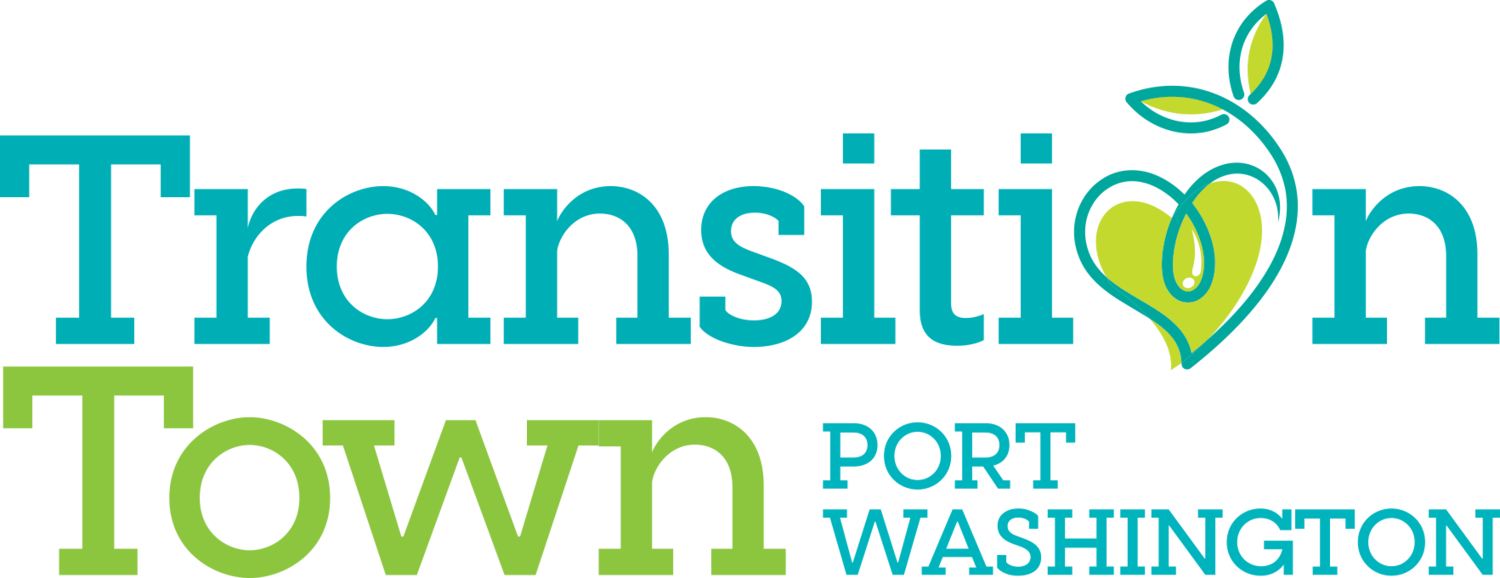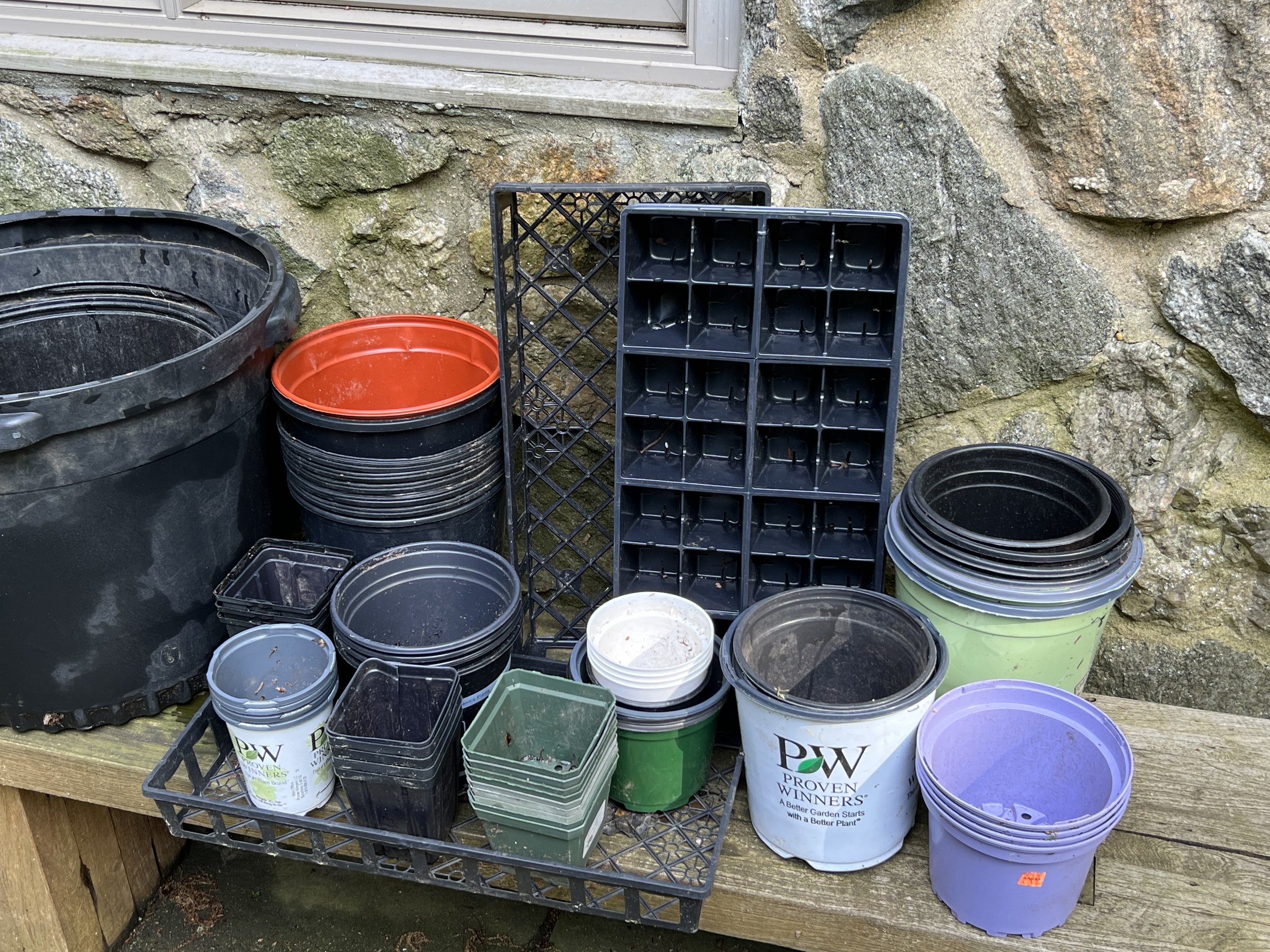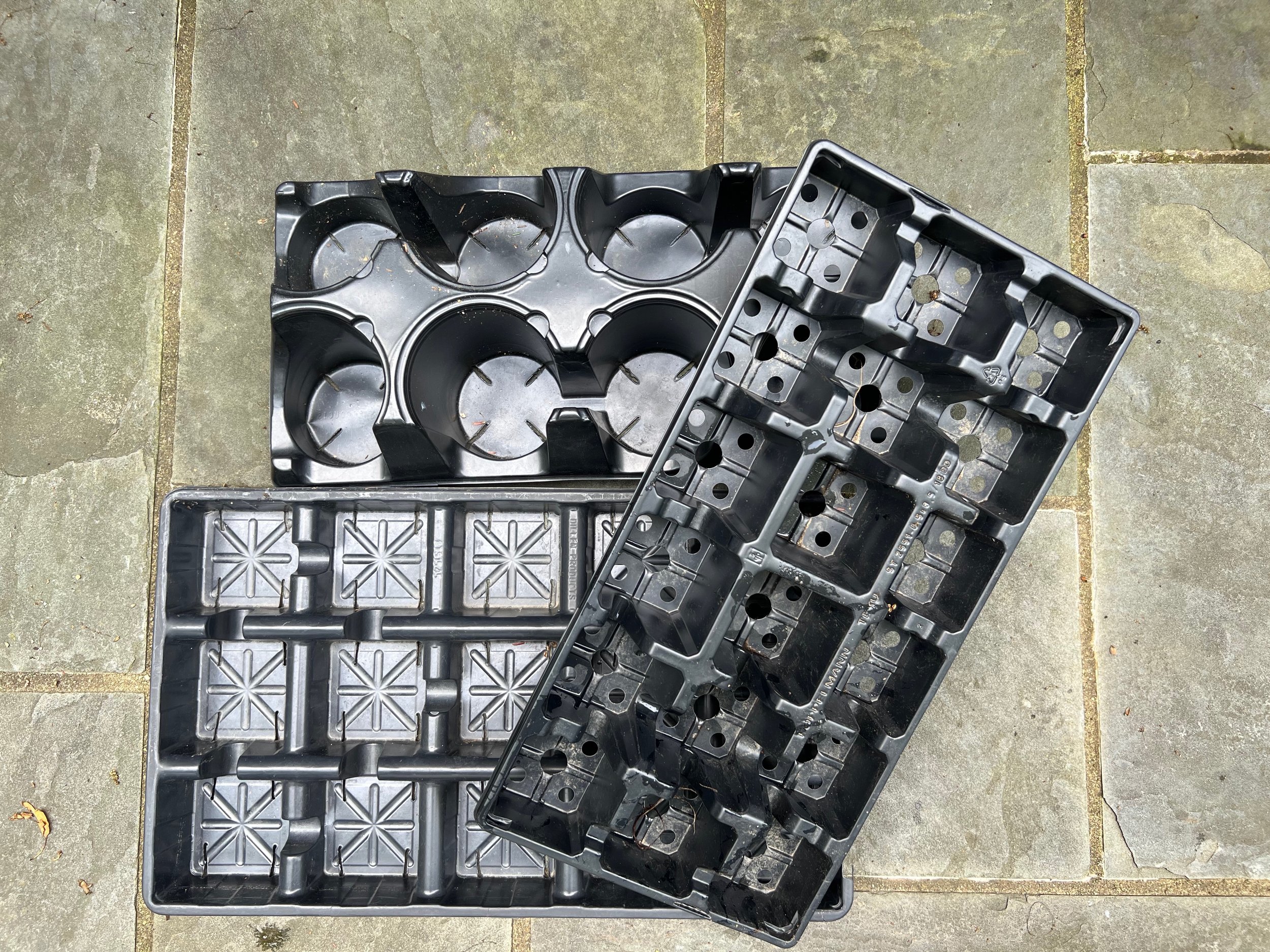Reducing Plastic Waste, One Pot at a Time
Big Plastic Plant Pot ReUse!
Keep Plastic Pots out of Landfills, Incinerators and Waterways!
Last year, the Big Plastic Plant Pot ReUse saved 3500 pots and trays from landfills and incinerators! Unfortunately, most garden containers are made from #4 and #6 plastic and are not recyclable, so we came up with a climate-smart solution.
After planting, don’t throw the dirty pots in the garbage or “wish-cycle” them in the recycle bin. Instead, clean, stack and collect them. Then drop them off in the designated bin at the Rewild Garden @ Dodge, 58 Harbor Road, Port Washington. Look for the signs and follow them to the far left end of the front fence.
During the summer, with the help of Rewild Long Island high school interns and volunteer mentors, the pots get double-cleaned and delivered back to native plant growers, gardeners and schools for reuse now or next season.
For Questions or if YOU are looking to ReUse Plastic Pots, you can arrange pick-up with US: Linda Villano or Claire Brezel . We look forward to hearing from you!
DROP OFF: Mon - Sat: 9 - 6, Rewild Garden, 58 Harbor Rd., PW
ACCEPTABLE POTS:
All Sizes, tags removed, large pots too. Flat Trays and Seed Starters
UNACCEPTABLE POTS & TRAYS
Molded Trays, Hanging Baskets, Cracked and Damaged pots and trays.
PLEASE REDUCE PLASTIC CONSUMPTION or ReUSE
Did you know that 99% of plastics is created from chemicals sourced from fossil fuels. From fracking to manufacturing, packaging, transporting, retailing and consumer waste disposal, plastics and allied industries are key drivers of the Climate Crisis. Every year, the US alone disposes of 32 million tons of plastic and about one quarter of it or 8 million tons ends up in our oceans. Read our Blog Post about the Plastic Pandemic and what you can do to add your voice Here.
MOTHER EARTH THANKS YOU!
Transition Town Port Washington is committed to collective action promoting sustainable practices that regenerate the earth and reduce carbon emissions & pollution in all its forms. We aim to increase our peninsula’s resilience in the face of climate change and resource scarcity. www.transitiontownpw.org
ReWild Long Island works towards climate-conscious landscaping including planting native perennials, reducing chemical use, increasing biodiversity, growing food locally & organically, as well as practicing water conservation. www.rewildlongisland.org
.



